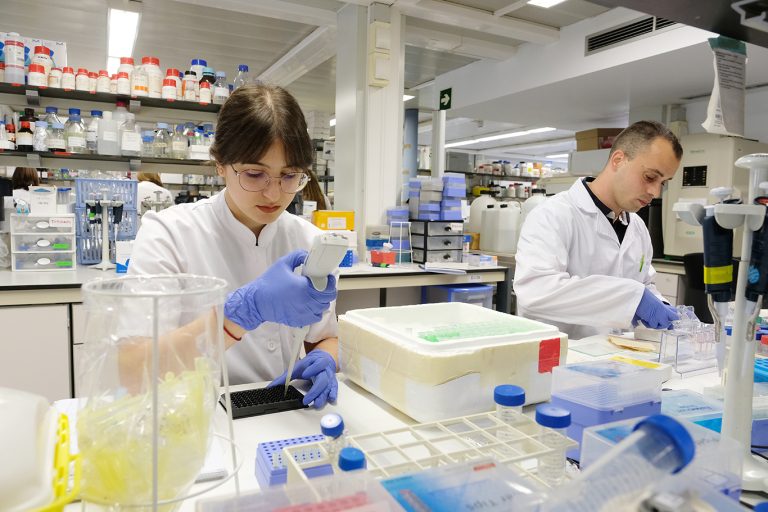A recent study by an international consortium revealed the positive influence of an Omega-3 rich diet in in the prevention of cardiovascular diseases. More than 26,000 women participated in the international project, run in collaboration between the Pere Virgili Health Research Institute (IISPV), the Rovira i Virgili University (URV) and the Harvard Medical School. The study’s conclusions are relevant because cardiovascular diseases are the most prevalent cause of death, with 1 in 3 people dying from these events.
Up to now it had been shown that the consumption of Omega-3 fatty acids was associated with lower levels of triglycerides, a type of fat, in the blood. However, its high consumption is also associated with a rise in low-density cholesterol, also known as bad cholesterol. This type of cholesterol is one of the main risk factors for cardiovascular diseases by accelerating the formation of atherosclerosis, the process by which the arteries stiffen and lose their elasticity.
The research has been led by Dr. Núria Amigó, CEO of the spin off Biosfer Teslab and member of the Metabolomics Interdisciplinary Laboratory – Metabolomics Platform. The Metabolomics Platform is a joint research unit of the URV and the IISPV. Prof. Xavier Correig, from the Department of Electronic, Electrical and Automatic Engineering and Director of the Metabolomics Platform, has participated in this study along with the researchers from the Center for Lipid Metabolomics, Division of Preventive Medicine at the Brigham and Women’s Hospital (Harvard Medical School).
Dr. Núria Amigó highlights that this study goes beyond the previous results, owing to the use of a specialized technique – Nuclear Magnetic Resonance, provided by the Metabolomics Platform. She noted that “The Nuclear Magnetic Resonance technique goes further than simply analysing triglyceride and cholesterol content and can quantify the number and size of the different subtypes of lipoprotein“.

18 de May de 2020



